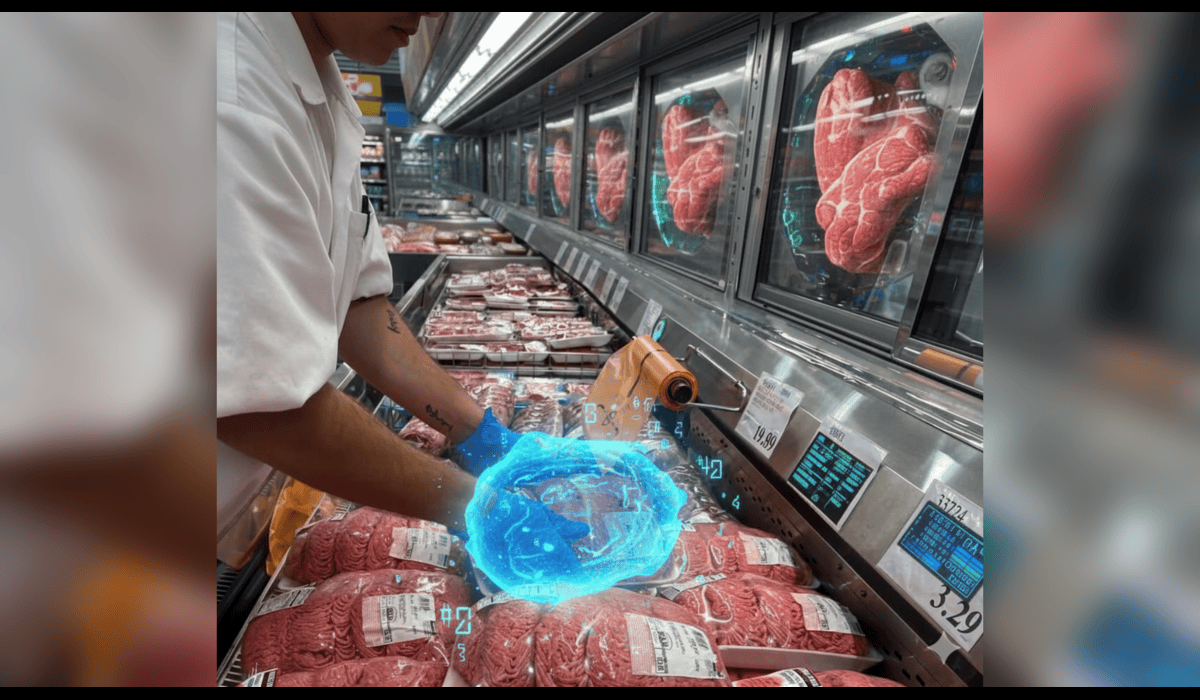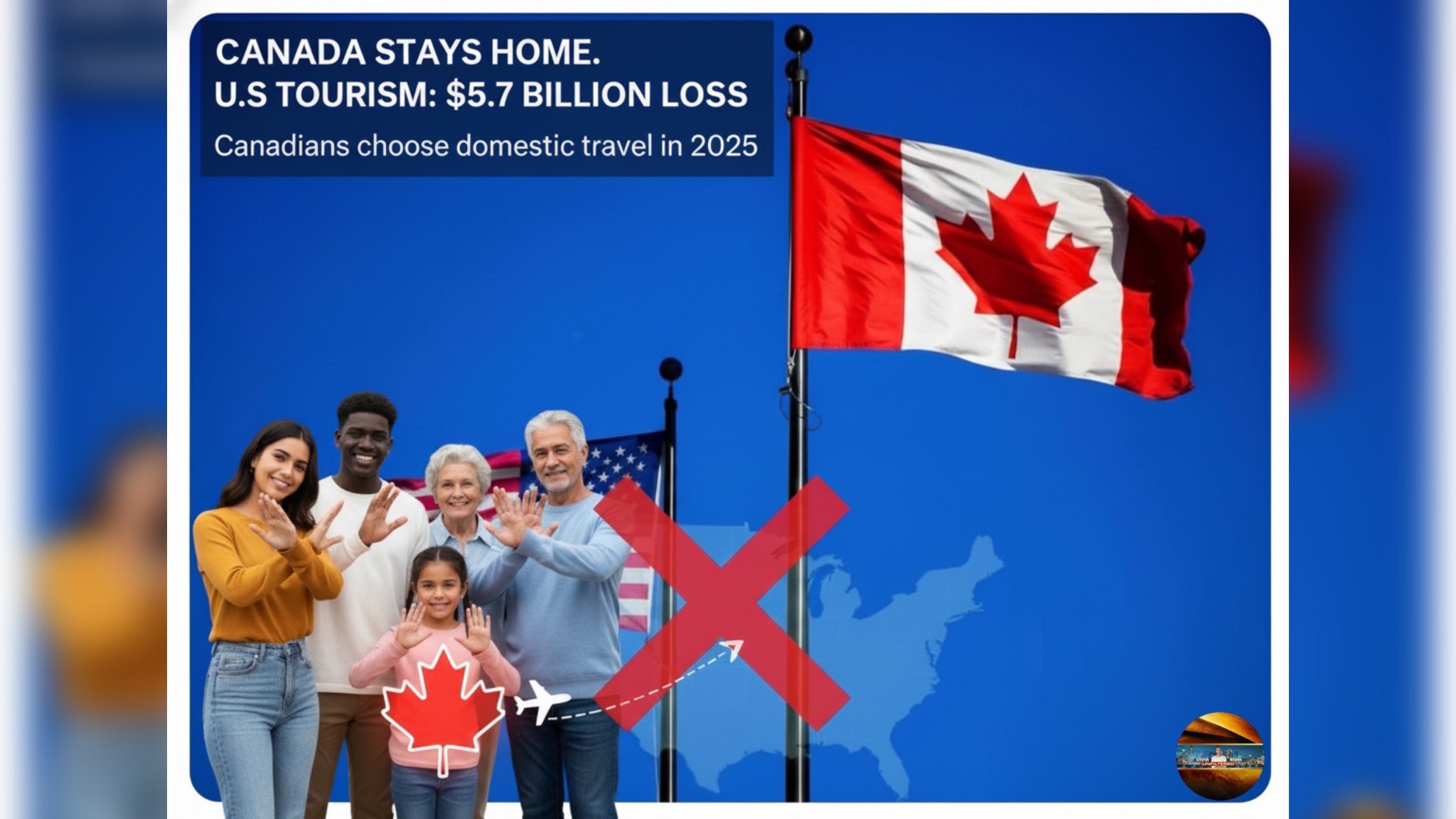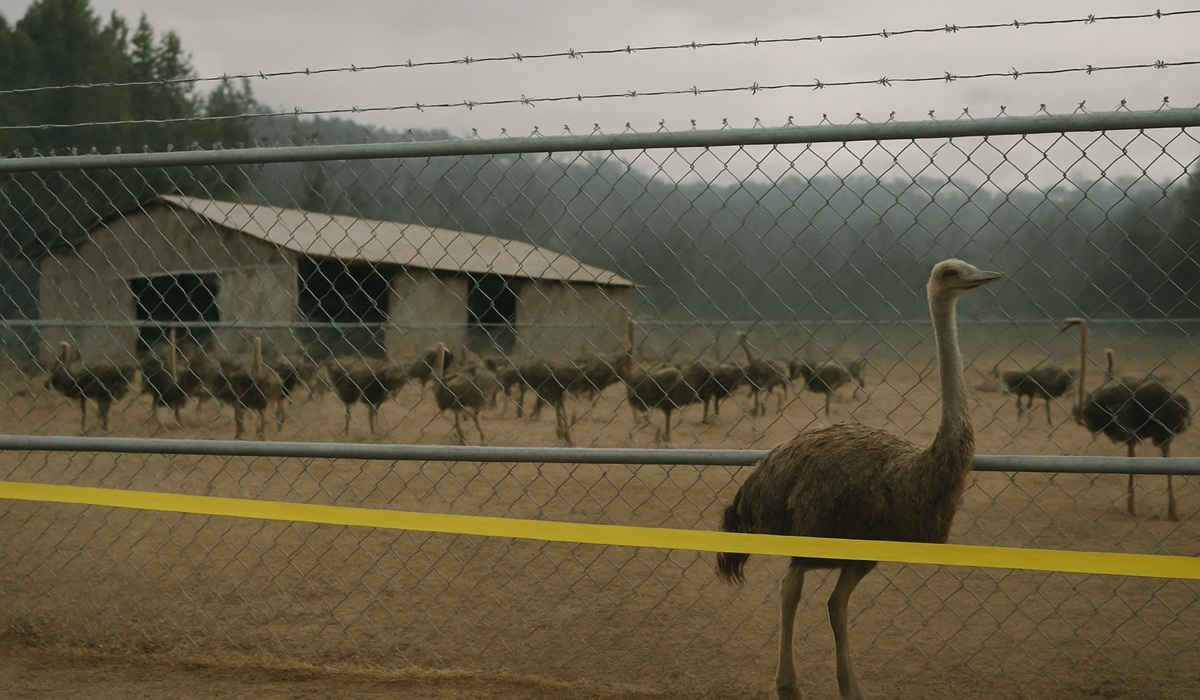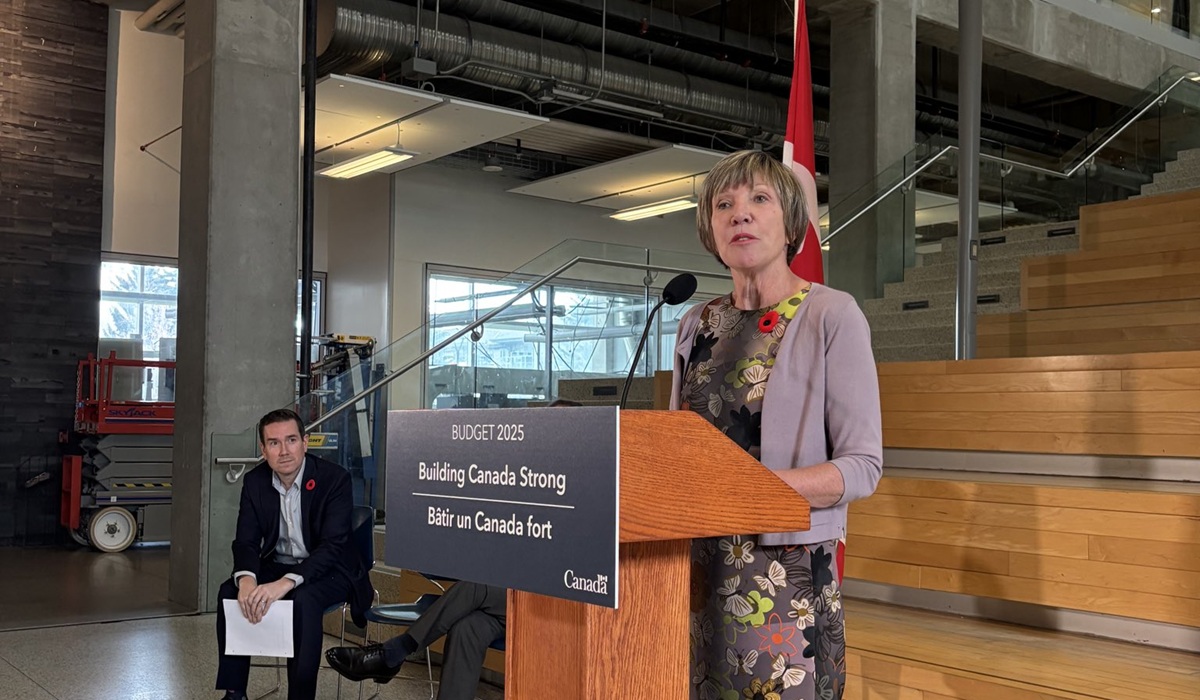Canada Just Let Cloned Meat Into Your Fridge — And Didn’t Bother Telling You
- Emma Ansah
- Canada
- November 20, 2025

Cloned meat is slipping into Canada’s food chain with barely a whisper, and the biggest shock is that nobody has to tell you it’s there. Canada quietly changed its policy so that beef and pork from cloned animals, and their offspring, are no longer considered “novel foods.” That single tweak means no mandatory safety reviews, no disclosure, and absolutely no labeling. In other words, your next grocery run might include cloned-line meat, and you’d never know.
Health Canada maintains that cloned meat is “as safe as” the traditional stuff, based on its own scientific assessments. But safety on paper doesn’t erase the public’s right to transparency. People want to make informed choices about what they’re feeding their families, and that’s impossible when the information is hidden. Even duBreton, a major Quebec pork producer, says consumers “want and deserve to know.”
Beyond transparency, there are real ethical concerns tied to cloning. The process, somatic cell nuclear transfer comes with higher rates of embryo loss, stillbirths, and animal health issues. And while early data shows no compositional differences in the meat, there are still unanswered questions about long-term effects, especially when cloned lineage becomes part of the food supply at scale. Add to that the risk of shrinking genetic diversity if breeders clone “elite” animals repeatedly, and suddenly the environmental and sustainability implications become hard to ignore.
Politically, this policy shift signals a major change in how Canada regulates food technology. It risks eroding public trust in a food system that already struggles with transparency. Advocacy groups like NoClones.ca are calling for mandatory labeling, stronger safeguards, and genuine public consultation, not after-the-fact announcements.
Petitions are circulating, and producers are urging the industry to adopt voluntary labeling standards until proper regulations catch up.
For marginalized communities, particularly Black and Indigenous communities disproportionately impacted by food insecurity and systemic inequities, this lack of transparency lands even heavier.
Decisions about engineered food shouldn’t be happening behind closed doors. People deserve a real seat at the table, not just a policy update posted quietly online.
This isn’t just a food story; it’s a power story. It’s about who gets to know what they’re eating, who gets to decide how food is produced, and who gets left out of the conversation.
If cloned meat is going to enter Canada’s food system, Canadians deserve full transparency, independent oversight, and open dialogue, not silence and fine-print loopholes.








